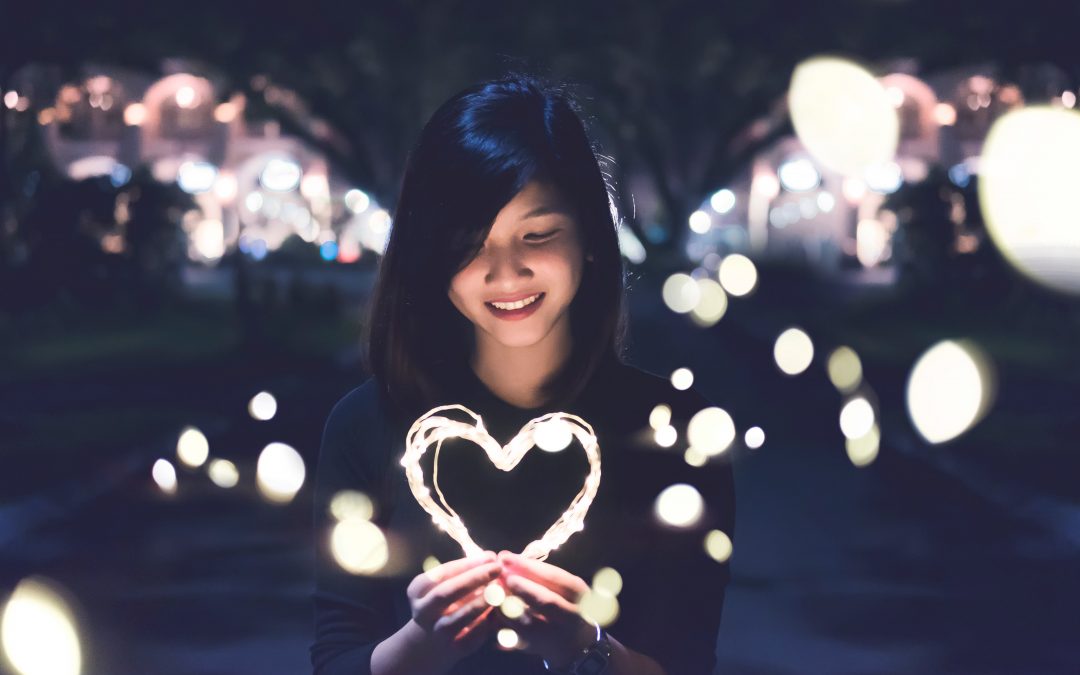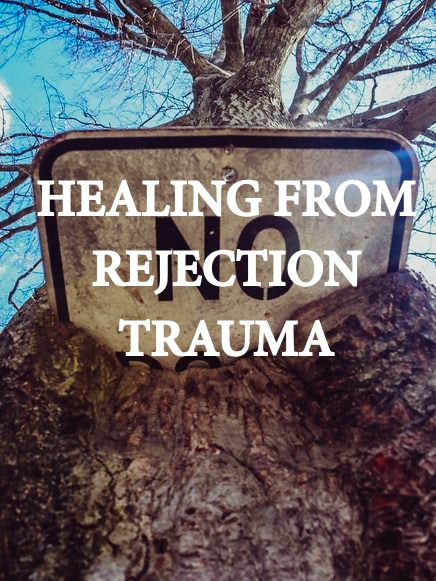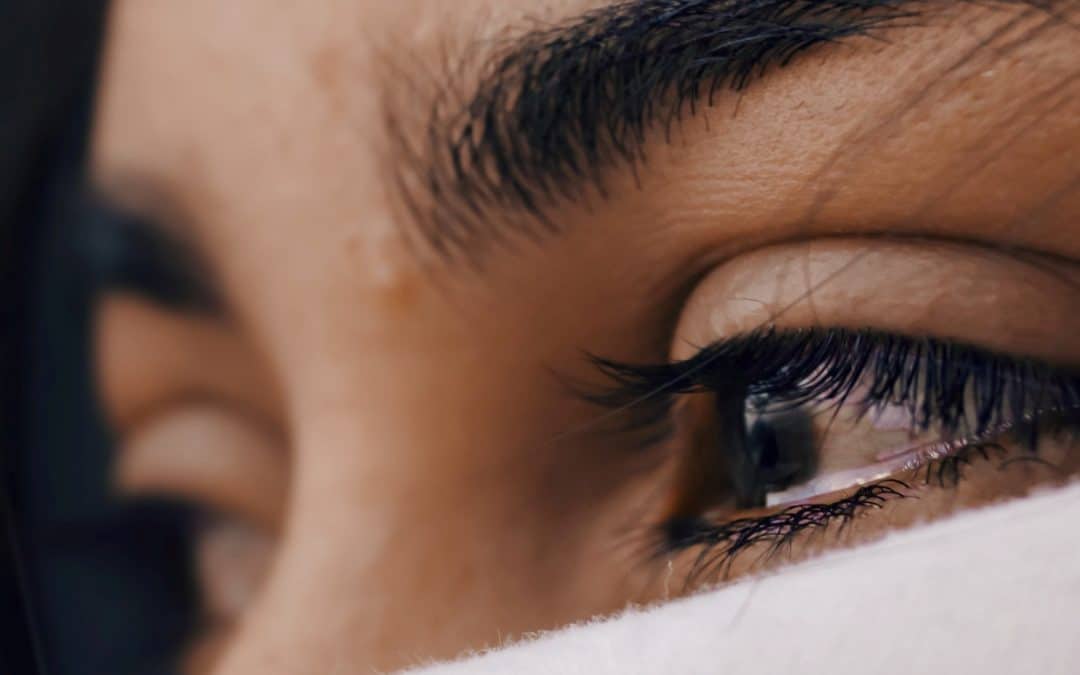
by Sylvie Rouhani | May 20, 2022 | Abandonment and CPTSD, ACEs, Addiction, Attachment Trauma, Codependency, Emotional Flashbacks, Guest Contributor, Healing Codependency, Relationships, Self-Acceptance
When a new relationship starts (actually, it doesn’t even need to start), we are overwhelmed with emotional flashbacks from younger “Inner Parts” desperate to be loved, protected, and supported. and other parts of us will do anything to appease these...
by Rebekah Brown | Apr 20, 2022 | Abandonment and CPTSD, ACEs, Attachment Trauma, Complex PTSD Healing, CPTSD and Narcissistic Abuse, Depression, Guest Contributor, Trauma
My mother died this morning. I knew the time was near but didn’t quite believe it would actually happen. She had lived for so long and did so much damage—I had grown accustomed to her shadow. I thought she would live forever. Institutionalized for over twenty-five...
by Rebekah Brown | Mar 10, 2022 | Abandonment and CPTSD, Anxiety, Attachment Trauma, Building Resilience in Healing, Complex PTSD Healing, CPTSD Survivor Stories, Emotional Wellness
I stood in the hallway and stared at the black and white tiled floors. On the other side of the emergency room doors, my mother’s screeches were louder than the PA system. “Let me go! I don’t want to be here. It’s their fault!” Screaming at the top of her...

by Shirley Davis | Feb 28, 2022 | Abandonment and CPTSD, Attachment Trauma
The entire month of February, we discussed rejection trauma and how it affects people who grew up in abusive homes. We have discussed what rejection trauma is, how rejection trauma affects interpersonal relationships, and the freeze/fawn response. This article will...

by Susan Morris | Nov 24, 2021 | Abandonment and CPTSD, ACEs, Anxiety, CPTSD Survivor Stories, Holiday Stress, Hope, Self Care, Surviving the Holidays
If you’ve lived through a traumatic childhood or domestic violence situation, you may not know what it feels like to feel jolly. Some of us feel a sense of dread the closer it gets to the holidays as the holidays approach. The trauma triggers are different for...

by Roseanne Reilly | Nov 17, 2021 | Abandonment and CPTSD, Anxiety, Building Resilience in Healing, Complex PTSD Healing
Nervousness is normal when we have to face new and challenging situations, experiences, tests, interviews, presentations, or awkward family events.However, if you find that you are beginning to overly avoid situations (people, places, feelings) you could be left to...








